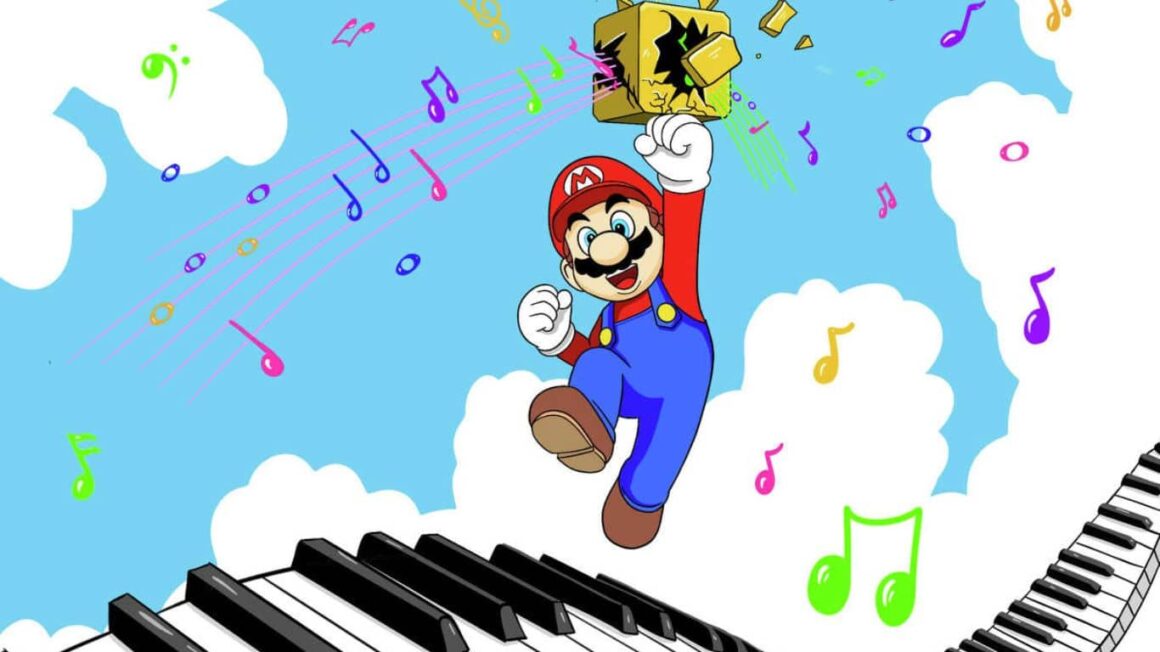Video games have evolved over the years, with improved graphics and more sophisticated gameplay mechanics. However, one aspect of video games that is often overlooked but is crucial to the overall experience is the role of music. Music in video games can set the tone and mood, enhance immersion, provide feedback, create memorable moments, and help to tell the story. In this article, we will explore the role of music in video games and how it affects the gaming experience and how it has evolved. We will also look at some examples of iconic game soundtracks and discuss the potential for video game music to further enhance the gaming experience in the future.
The Role of Music in Video Games: How It Affects the Gaming Experience
Setting the Tone and Mood
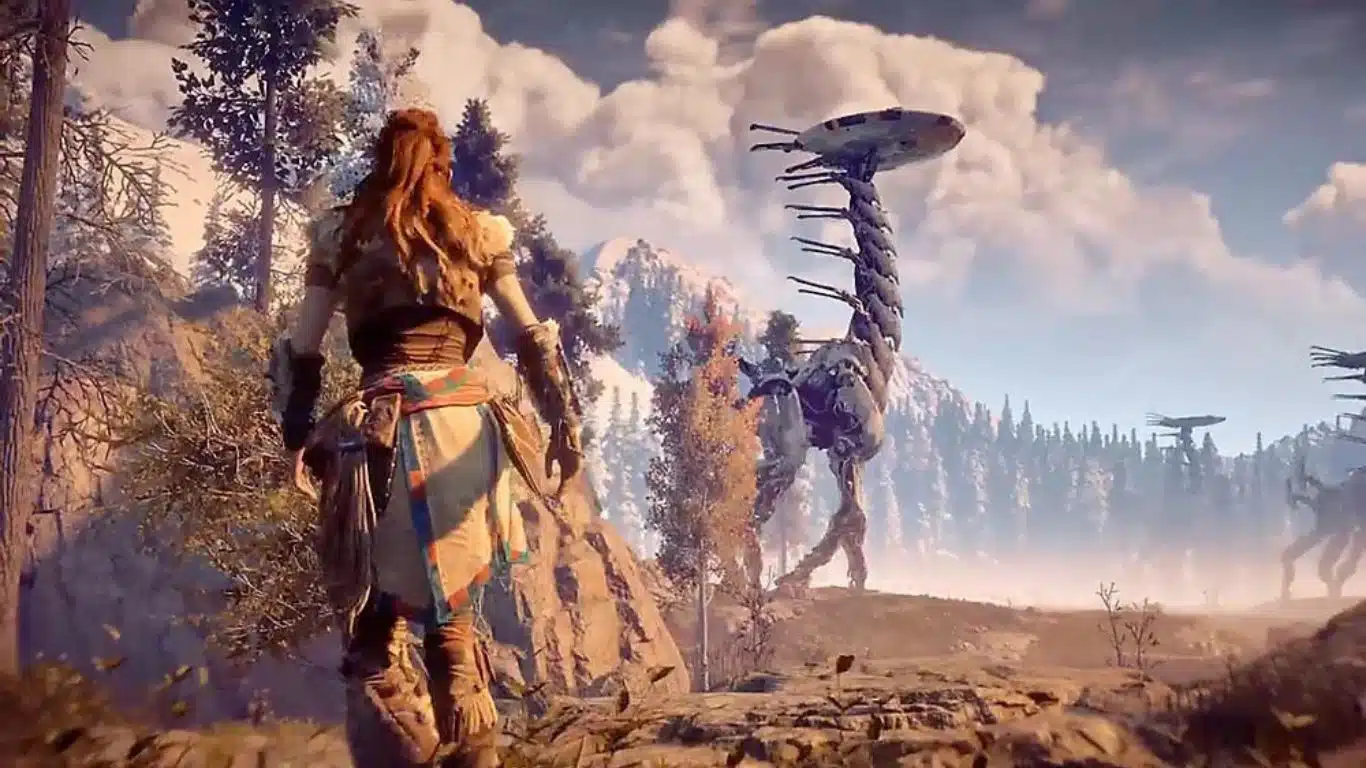
Music has the power to create a particular mood and set the tone for a game. For example, a fast-paced, upbeat soundtrack can create excitement and energy, while a slower, more melancholic score can create a sense of sadness or reflection. The type of music used in a game can also help to establish the game’s setting and world-building.
Different genres of music can be used to create different moods in games. For example, orchestral music is often used in fantasy or epic games to create a sense of grandeur, while electronic music is used in racing or action games to create a sense of adrenaline and speed. Some games use licensed music from popular artists to create a sense of nostalgia or to fit with the game’s setting and time.
The music can also change to reflect the mood of the game as it progresses. For example, the music might start slow and melancholic in a game’s opening sequence to set the tone for the story, but then become more fast-paced and intense as the action picks up.
Enhancing Immersion

Music can greatly enhance the immersion of a player in a video game. When combined with other elements such as graphics, gameplay, and storytelling, music can make the game world feel more real and engaging. The use of music can help players to feel like they are a part of the game, making the experience more enjoyable.
Well-crafted soundtracks can enhance the gaming experience by creating a sense of atmosphere and emotional resonance. For example, in horror games, the use of eerie sound effects and dissonant music can create a sense of dread and fear. In contrast, in adventure games, the use of uplifting and adventurous music can create a sense of excitement and exploration.
Some games are particularly well-known for their use of music to enhance immersion. For example, the “Final Fantasy” series is known for its epic orchestral soundtracks, which help to create a sense of grandeur and drama. Similarly, the “Legend of Zelda” series is known for its use of memorable melodies and leitmotifs, which help to establish the game’s world-building and characters.
Providing Feedback
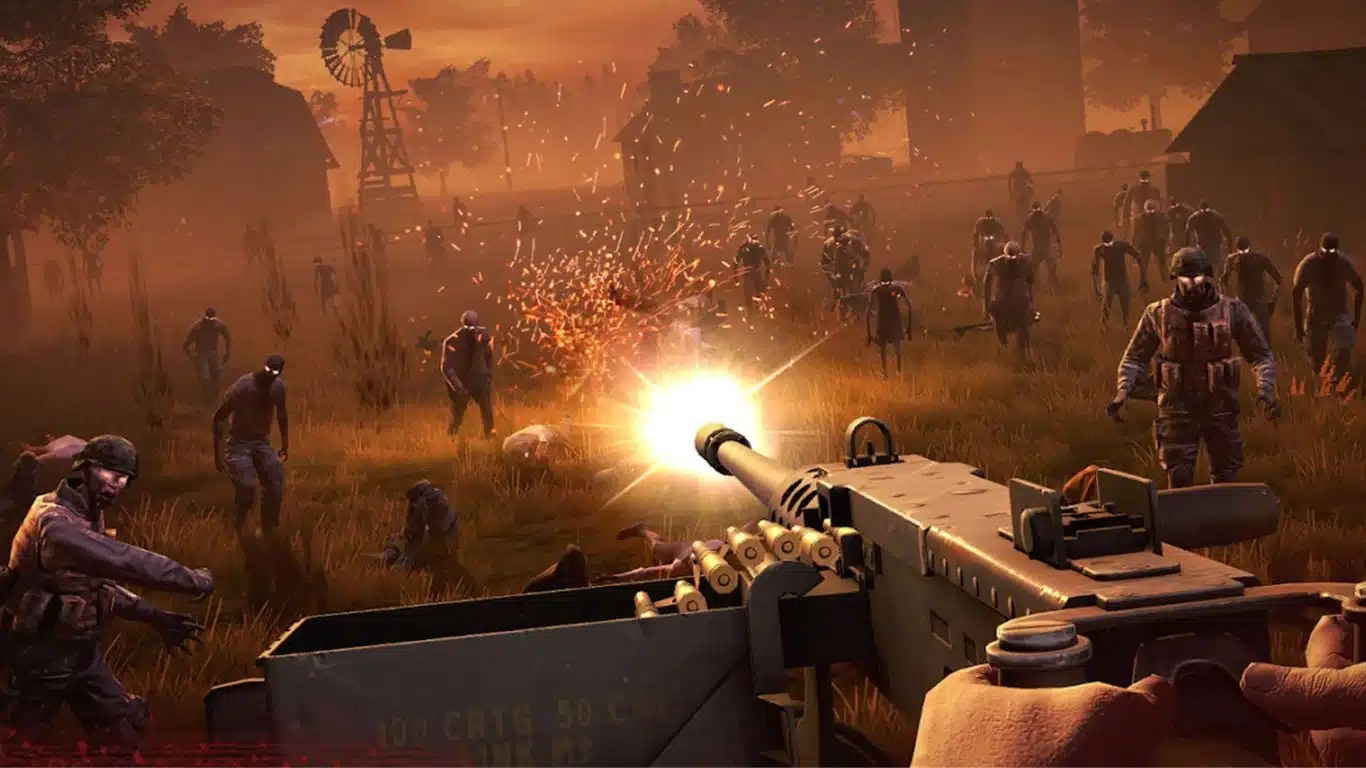
Music can also be used in video games to provide feedback to the player. This means that the music can be used to inform the player about what is happening in the game, or to indicate the success or failure of a particular action.
For example, in action games, music can be used to indicate when the player is in danger or when they are doing well. If the player is low on health, the music might become more intense or ominous, indicating that the player is in a precarious situation. Similarly, if the player has just completed a difficult challenge, the music might become more uplifting and triumphant, indicating that they have succeeded.
In rhythm games, music is used to provide feedback on the player’s timing and accuracy. The music will play in time with the game’s mechanics, and the player must hit certain beats or notes in time with the music. If the player hits the notes correctly, the music will continue to play, but if they miss a note, the music will become distorted or stop altogether, indicating that the player has made a mistake.
Creating Memorable Moments
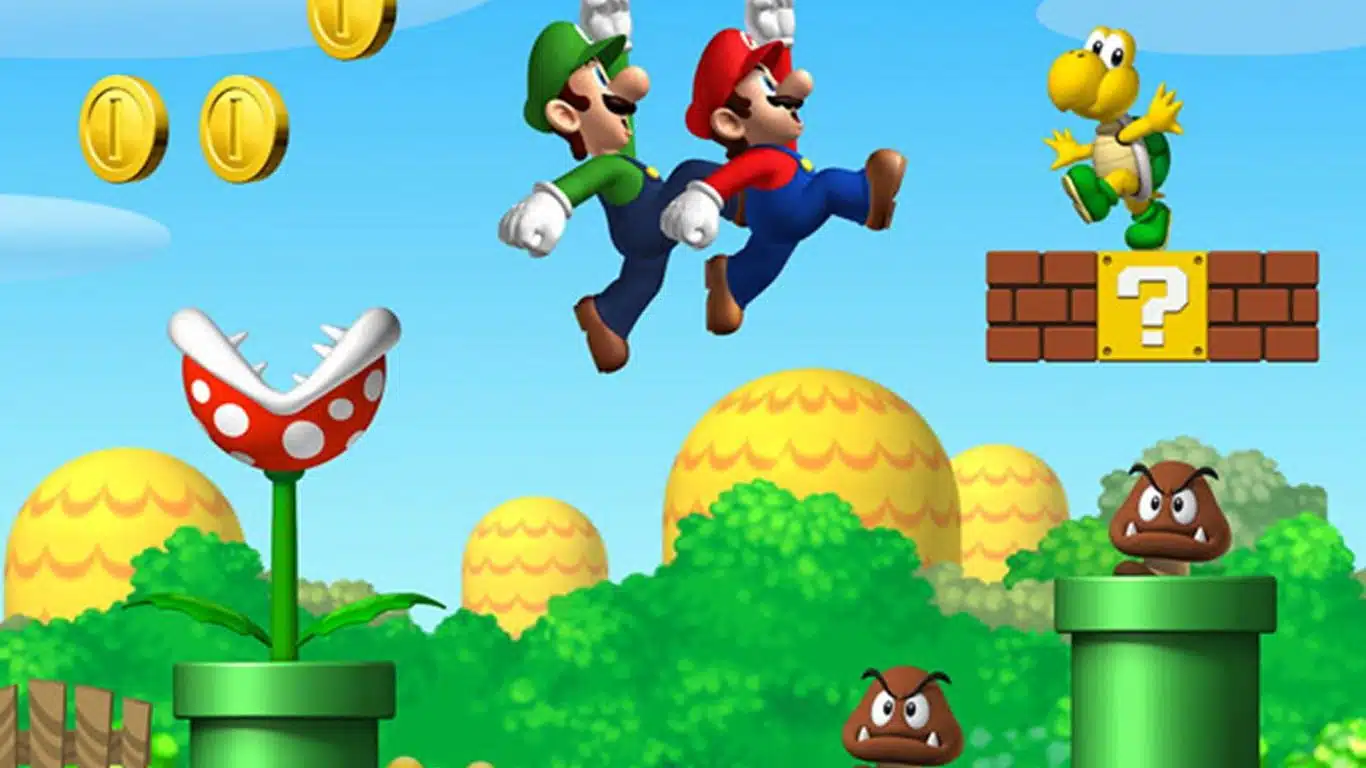
Music can create memorable moments in video games by enhancing emotional impact and leaving a lasting impression on the player. Iconic game soundtracks and themes are often remembered long after the game has been played, and can become synonymous with the game itself.
Music can be used to highlight important story moments or emotional beats in a game. For example, a tragic event might be accompanied by a mournful and emotional score, while a victorious moment might be accompanied by an uplifting and triumphant score. These moments can stick with the player long after the game is over and help to create a more meaningful and memorable experience.
Some examples of iconic game soundtracks and themes include the Super Mario Bros. theme, which is instantly recognizable and has become a cultural touchstone in the world of gaming. The main theme from The Legend of Zelda series is also widely recognized and has become a symbol of adventure and exploration. Other examples include the haunting and beautiful music from the game “Journey,” which is known for its emotional impact and unique sound design.
Helping to Tell the Story
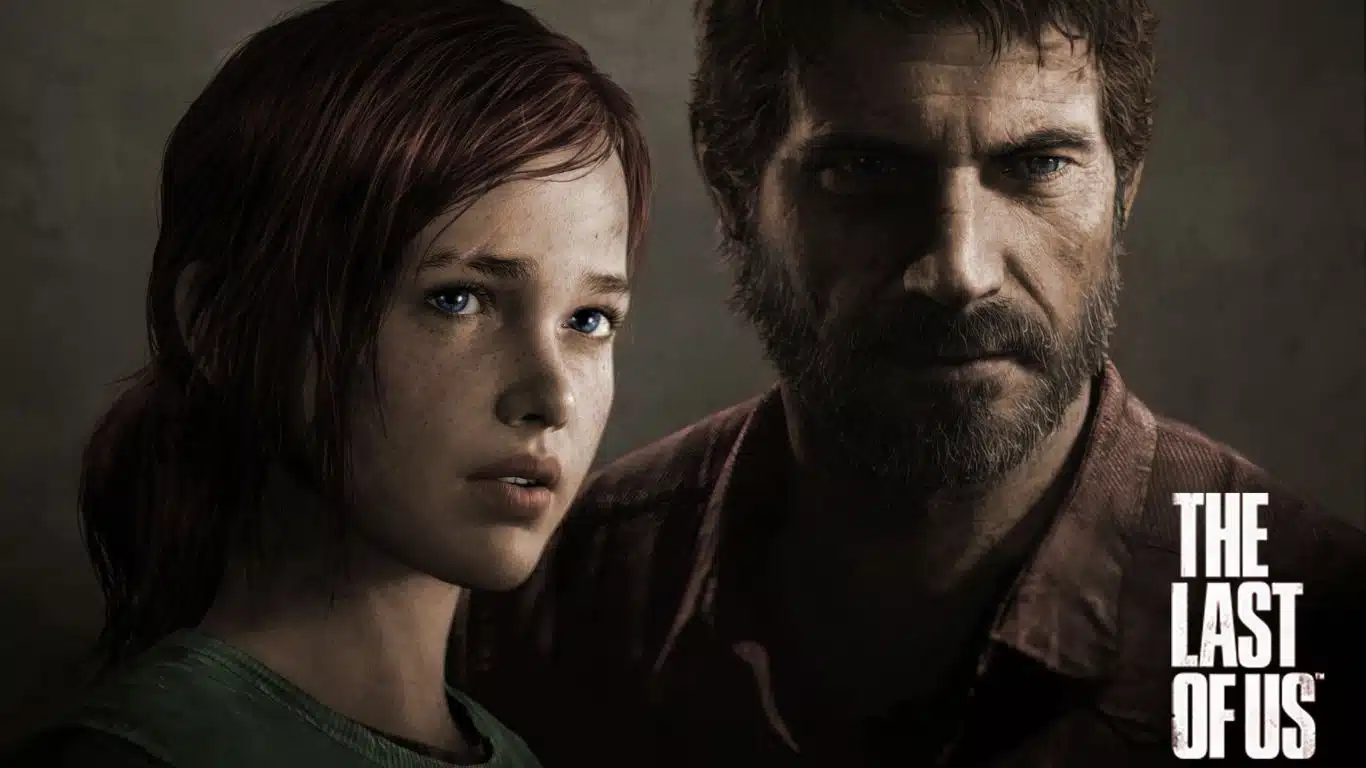
Music can be used in video games to help tell the story by reflecting the emotional arc of the characters and narrative. Just as in films, music can be used to underscore the emotions and actions of characters, helping to communicate the story in a powerful and memorable way.
Music can help to create an emotional connection between the player and the game world, making the story more impactful and engaging. It can also be used to foreshadow events or to create tension, building up to key moments in the story.
For example, in the game “The Last of Us,” the music is used to reflect the emotional journey of the two main characters, Joel and Ellie. The music is often melancholic and mournful, reflecting the sadness and despair of the post-apocalyptic world they inhabit. However, as the characters begin to connect and form a bond, the music becomes more hopeful and uplifting, reflecting their growing sense of hope and purpose.
Similarly, in the game “Undertale,” the music is used to reflect the different personalities and emotions of the characters. Each character has their own musical theme, which reflects their personality and motivations. This helps to create a deeper connection between the player and the characters, making the story more impactful and memorable.
Conclusion
Music in video games is crucial as it can set the mood, enhance immersion, provide feedback, create memorable moments, and help to tell the story. Game developers can create more engaging and immersive experiences by combining different elements of sound design and music composition. Advancements in technology and sound design have the potential to make video game music more integral to the gaming experience by creating more dynamic and responsive soundtracks that adapt to player actions and choices. Furthermore, video game music has the potential to become more diverse and inclusive, creating a global and inclusive gaming community. Music is a vital component of video games, and with further innovation, it will continue to enhance the gaming experience for years to come.
Also Read: 10 Most Anticipated Video Games Releasing In 2023

